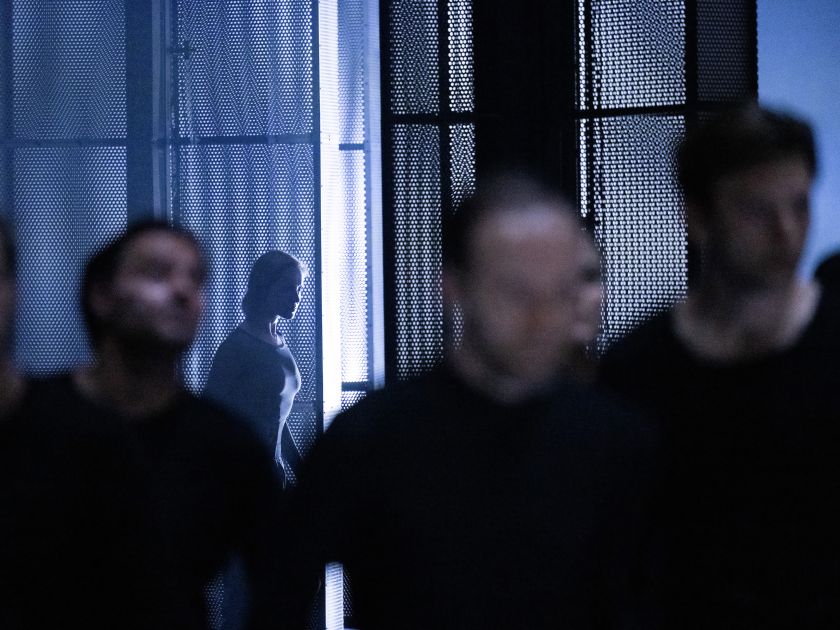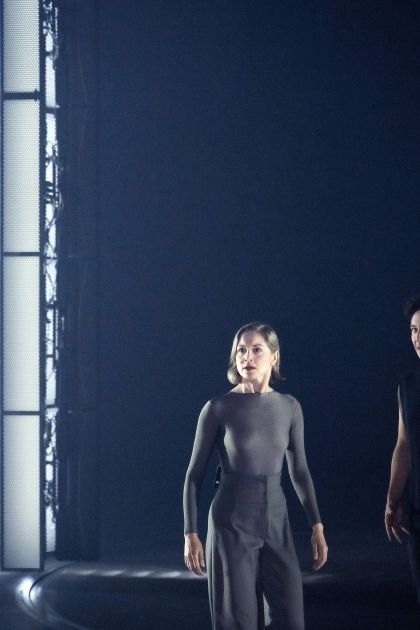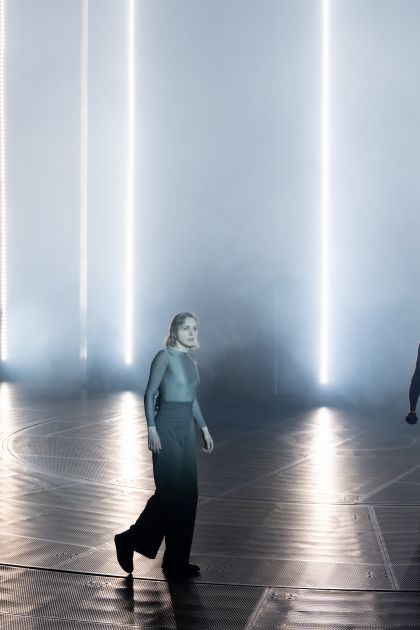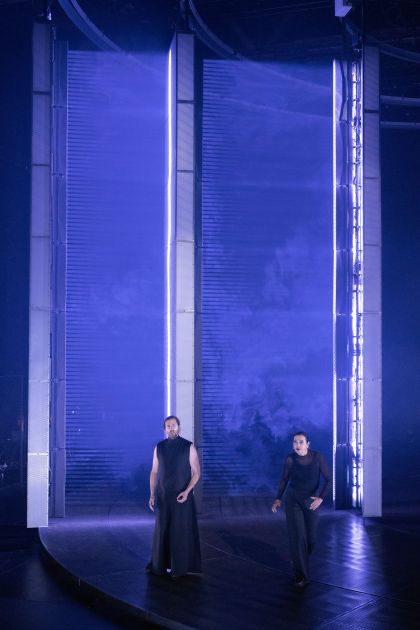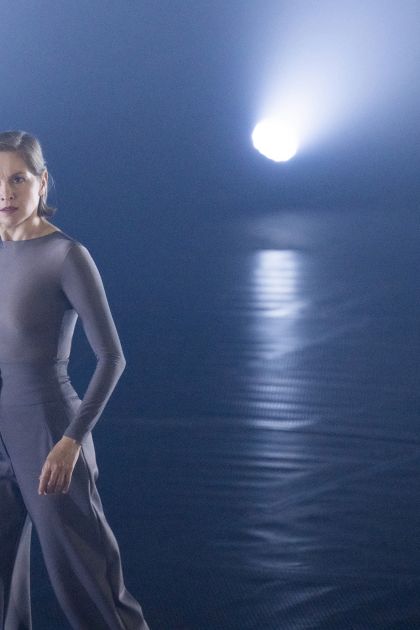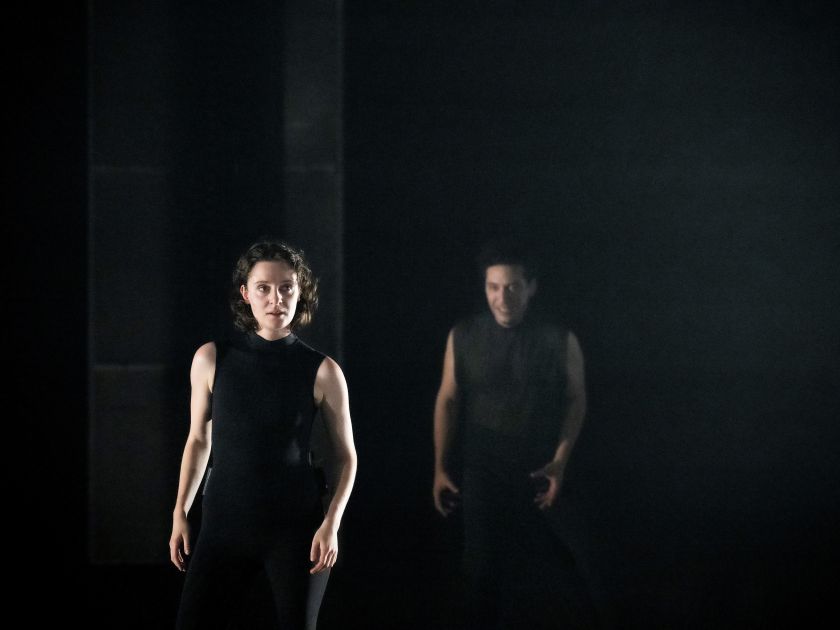The very first scene of Nathan der Weise (Nathan the Wise) throws up the question of ‘us’ humans. Are ‘we’ all intrinsically human, as the question could be interpreted — or are we first and foremost living beings with particular characteristics that (can) distinguish us? In her famous speech on accepting the 1959 Lessing Prize, Hannah Arendt expanded on the dialectic of equality and difference with a concise example:
In the case of a friendship between a German and a Jew under the conditions of the Third Reich it would scarcely have been a sign of humanness for the friends to have said: Are we not both human beings? It would have been mere evasion of reality and of the world common to both at that time. […] In keeping with a humanness that had not lost the solid ground of reality, a humanness in the midst of the reality of persecution, they would have had to say to each other: A German and a Jew, and friends. But wherever such a friendship succeeded at that time (of course the situation is completely changed, nowadays) […] a bit of humanness in a world become inhuman had been achieved.
‘A German and a Jew, and friends’ — many objections would be raised to such wording today, in a world where differences seem to outweigh commonalities everywhere. But when reading Nathan der Weise, this short passage offers valuable insight and is thought-provoking in two respects. First, it observes that differences are dependent on political realities and not a matter of nature — in a world free of persecution, nothing can prevent two members of different groups from coming together as human beings and friends. Second, it highlights that every encounter needs at least the prospect of friendship if it is not to merely give in to an inhuman world and become inhuman in itself.
Nathan der Weise, Lessing’s last play and without doubt his most famous one, tells a story of failure. The setting is the Jerusalem of the Third Crusade: a society at war, defined by isolation and exclusion.
A rich Jewish merchant is summoned before the sultan, who urgently needs to replenish his war chest. Seeking to determine whether Nathan will ‘voluntarily’ lend money to the Muslim warlord or if his ‘worldly goods and blood’ will have to be taken from him by force, the ruler asks him which of the three monotheistic religions is the ‘true’ one. Nathan responds with the famous parable of the three rings, which an indecisive father hands out to his three sons, assuring each of them that he is the favourite. The moral of this ‘fairy tale’ is that probably none of the rings is the real, ‘true’ one. There is no differentiation to be made between the three religions in their distance from and pursuit of the truth. The story is a triumph and makes a profound impression on the sultan. Nathan is then ‘allowed’ to extend him the credit he so urgently needs to continue the war.
Further incidents that befall Nathan are, however, less positive. In the conflict over his foster daughter Recha, who was baptized Christian but raised as Jewish by Nathan, the interests of the different religions are not reconciled by tolerance and mutual respect. Rather, the task of reconciliation is left to accidental family ties between Recha, the Christian Templar and the Muslim sultan. It is not the expression of a human family, for the Jew (yet again) does not belong to it. What the complicated family reunion does bring with it, however, is a fundamental destabilization of identity: by the end of the play, hardly any of the main characters are still who they thought they were at the beginning. This uncertainty conveys a strong argument against the isolation and exclusion present at the beginning, which is now shown to be accidental. At the same time, it evidently does not help Nathan, whose story of the three rings has little bearing on the rest of the drama.
Sebastian Huber
Translation: Sebastian Smallshaw

